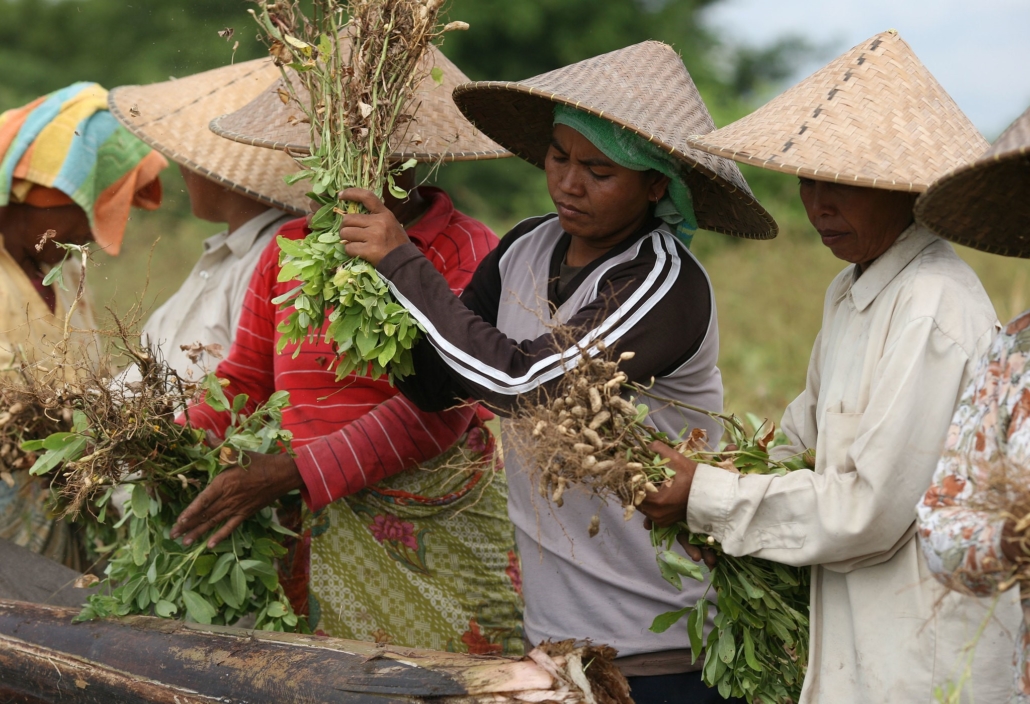The Impact of COVID-19 on Poverty in Indonesia

Indonesia is an island country off the coast of Southeast Asia, and the fourth-most populous country in the world, with nearly as many inhabitants as the U.S. The Human Development Index has classified Indonesia as a middle-income country. The Centers for Disease Control and Prevention (CDC) has also stated that COVID-19 poses a significant threat to Indonesia. Below are six facts about the impact of COVID-19 on poverty in Indonesia.
6 Facts About the Impact of COVID-19 on Poverty in Indonesia
- The pandemic is forcing more people to live in poverty: According to Channel News Asia, as many as five million Indonesians dropped below the poverty line in September 2020, and this number has likely increased further since then. Before COVID-19, Indonesia was making great strides to alleviate poverty. Between 1998 and 2018, the poverty rate fell from 24.2% to 9.66%. During those first few months of the pandemic, poverty has risen by 1.8% and has likely risen higher since.
- Past instances of the economic downturn in Indonesia have disproportionately hit the poor: In 2005 and 2006, a global increase in the price of fuel and rice disrupted the Indonesian economy. In this time, the wealthiest 10% of the population experienced only a 0% to 5% decline in expenditure. Meanwhile, the decline for the most impoverished 10% experienced 9% to 12%. The impact of COVID-19 on poverty in Indonesia will likely be similar. Low-income families in Indonesia have had to pawn off essential items, and are often unable to receive healthcare. This means that diseases, injuries and infections hamper their productivity.
- Indonesian pharmaceutical companies are running scams involving COVID-19 testing: According to the Indonesian police, as many as 9,000 passengers in a single airport received testing kits that employees of a pharmaceutical company washed in order to reuse rather than new kits, which are necessary for proper testing. Since these kits came from a huge public pharmaceutical company, it is likely that many thousands more received improper test kits. The motive for the scam was financial gain. False test results and unsanitary test kits will spread the disease further and continue to exacerbate poverty.
- Malnutrition is an especially serious problem: Indonesians already suffered from malnutrition before the pandemic, resulting in more than seven million stunted children under 5 years of age, according to UNICEF. With the advent of COVID-19, malnutrition has only worsened. The Center for Indonesian Policy Studies suggests that food imports have decreased an estimated 17.11%, and the difficulty of importing food products means that children may not receive vital nutrients for development. According to UNICEF representative Debora Comini, childhood illness and death will escalate without substantial efforts to combat malnutrition.
- There is a visible solution to malnutrition: Lawrence Haddad of the Global Alliance for Improved Nutrition (GAIN) says that fortification can mitigate the problem of malnutrition. Fortification is the addition of key nutrients to staple foods such as wheat and rice. Fortification is also inexpensive, especially if it occurs in bulk. The problem is that there are more than 100,000 independent rice millers in Indonesia, most of who are unaware of fortification. Haddad says that “advocacy and education efforts” are the key to engaging the private sector to help curb malnutrition and reduce the impact of COVID-19 on poverty in Indonesia. As such, GAIN has undergone efforts for practical instruction on fortifying key foods such as vegetable oil.
- The Indonesian government is taking serious measures to combat COVID-19: As of January 2021, regulations have passed that require the fortification of vegetable oil with Vitamin A. If observed, this regulation will reduce malnutrition, even if the country remains limited in food supplies. In March 2021, the Indonesian government ordered more than 20 million COVID-19 vaccines, which are key to resuming productivity and alleviating poverty. However, many of the COVID-19 vaccine companies distribute their supply through a private vaccination program. This means that low-to-middle-income countries may not yet have access to vaccines.
The COVID-19 pandemic has proven dangerous for Indonesia, but various public and private efforts are helping alleviate the situation. Still, foreign aid will help ensure the recovery from the impact of COVID-19 on poverty in Indonesia.
– Sawyer Lachance
Photo: Flickr
